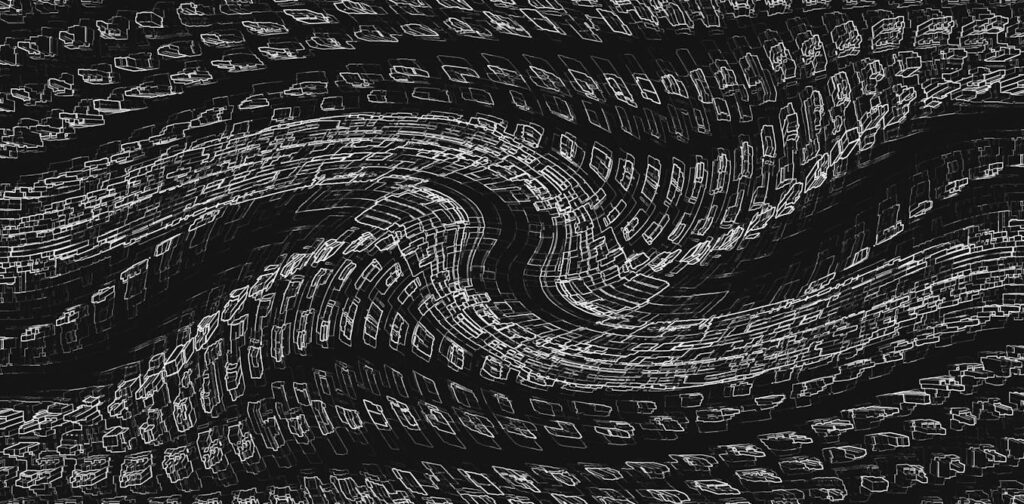
In a provocative twist to our understanding of the universe, the concept of space-time, a cornerstone of modern physics, is being re-evaluated. The notion that space-time exists is as viable as the outdated belief in the celestial sphere: both are observer-centered models that describe the world but do not represent reality itself. This perspective challenges the longstanding views held in physics, philosophy, and popular science.
The announcement comes as scientists and philosophers debate the implications of viewing space-time not as an existent entity but as a conceptual framework. This shift in understanding prompts a reevaluation of how we perceive events and their existence within the universe.
Space-Time: A Conceptual Framework
Space-time is traditionally understood as the continuous set of events that occur throughout space and time, forming a four-dimensional map that records where and when everything happens. In physics, an event is defined as an instantaneous occurrence at a specific place and time. The concept of an “instant” refers to the three-dimensional collection of spatially separated events that occur simultaneously, acknowledging that simultaneity is relative.
However, the crux of the debate lies in the interpretation of the word “exist.” The application of this term to space-time transforms a mathematical description into an ontological theory about the nature of being. This transformation raises questions about whether events, instants, or the entirety of space-time exist in the same way as physical objects like cars, people, or buildings.
Philosophical Perspectives and Misconceptions
Philosophers have long grappled with the nature of time and existence. Different philosophical doctrines offer varying perspectives: eternalism posits that all events across time exist, while presentism asserts that only the present is real. The growing block view suggests that the past and present exist, with the future yet to unfold. These theories often treat events as entities that exist, leading to confusion about the nature of space-time.
According to experts, this confusion stems from treating occurrences as things that exist. Events do not exist; they happen. This distinction is crucial for understanding the nature of reality and resolving paradoxes associated with time travel, which often rest on the false premise that events can be revisited like physical locations.
Implications for Physics and Philosophy
Recognizing that events happen rather than exist reframes the philosophy of time. For decades, debates have centered on the tense properties of events—whether they are past, present, or future. These discussions assume that events are existent things, leading to conclusions that time is unreal or that its passage is an illusion. By acknowledging that events merely happen, we gain clarity without losing predictive power.
In the realm of physics, relativity describes a four-dimensional space-time continuum, not as an existent entity but as a mathematical model. This model helps us understand how events are ordered, measured, and related to one another. The theory of relativity does not claim that space-time exists as a physical object that bends and warps due to gravity.
Conceptual Clarity and Future Directions
By shifting our perspective, we achieve conceptual clarity. Space-time serves as a powerful tool for describing the order and measurement of events without asserting its existence. This approach maintains the integrity of scientific predictions while offering a more precise understanding of reality.
The move represents a paradigm shift that could influence future research in both physics and philosophy. As scientists and thinkers continue to explore the nature of reality, this new framework may lead to innovative theories and discoveries.
Meanwhile, the debate over the existence of space-time invites broader discussions about the nature of existence itself. As we reconsider foundational concepts, we open the door to new ways of understanding the universe and our place within it.







